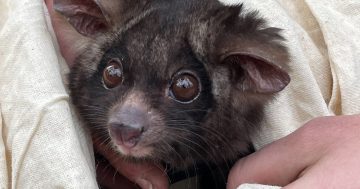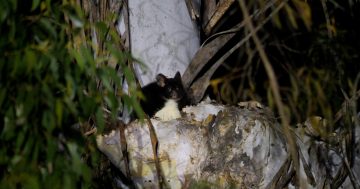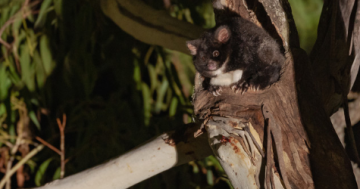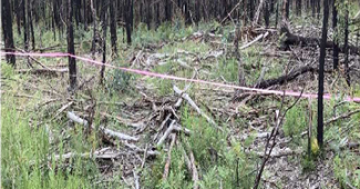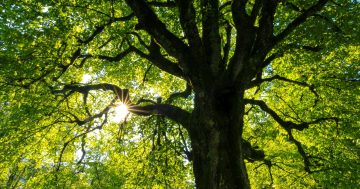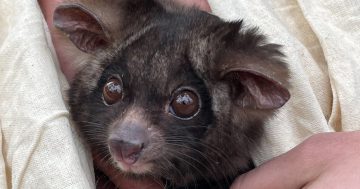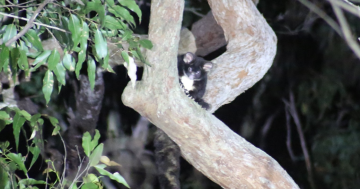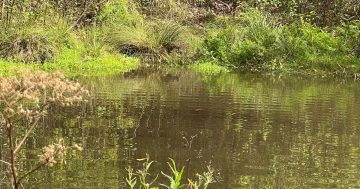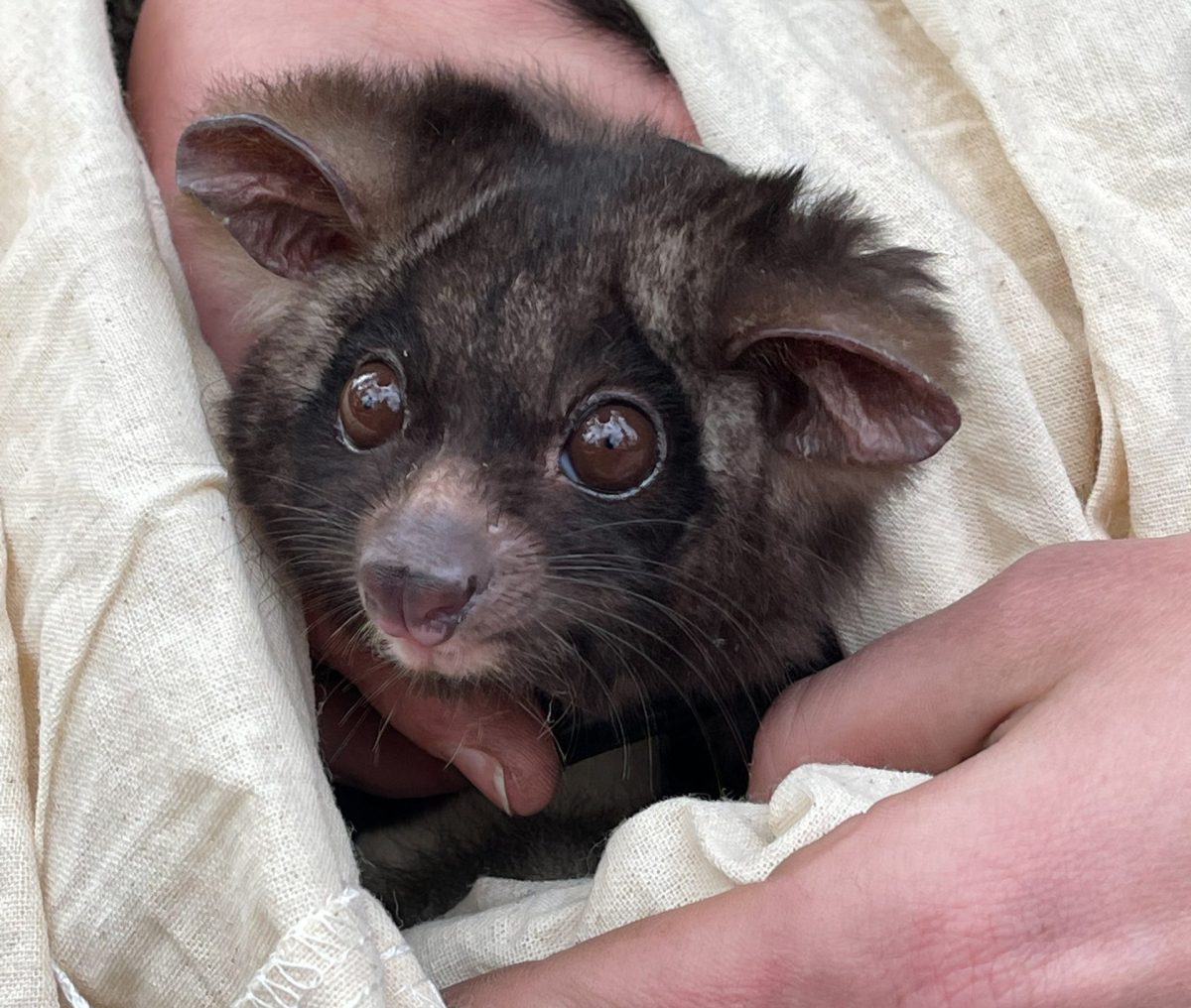
South East Forest Rescue has been advocating for more protections to be given to the endangered greater gliders. Photo: WWF-Australia.
Environmental groups definitively have the right to challenge NSW Forestry Corporation’s alleged breaches of the law, following a South East organisation’s “historic” courtroom win as part of its attempt to protect three species of glider.
South East Forest Rescue (SEFR) had wanted to sue the corporation to stop certain logging operations unless it took steps to minimise the effects of those operations on the southern greater, yellow-bellied and squirrel gliders.
But earlier this year, the NSW Land and Environment Court dismissed SEFR’s proceedings, finding in part that the organisation did not have a “special interest” in the subject matter and therefore lacked the legal “standing” required to bring such action.
SEFR appealed this decision and earlier this month, the three-judge NSW Court of Appeal unanimously ruled in its favour, finding it did have a “special interest” in the issue.
The court said SEFR had a 20-year history of taking active steps over its beliefs and concerns about logging and its effects on the welfare of forest-dependent threatened species, including the greater glider.
The proceedings have now been remitted back to the Land and Environment Court and will appear there at a later date.
“This decision is an important step forward in removing roadblocks to public interest litigation in NSW by environmental organisations,” SEFR’s lawyer, Natalija Nikolic from XD Law & Advocacy, said.
“There is now no doubt that environmental orgnisations have the right to challenge Forestry Corporation’s breaches of the law. It is a historic and momentous decision.”
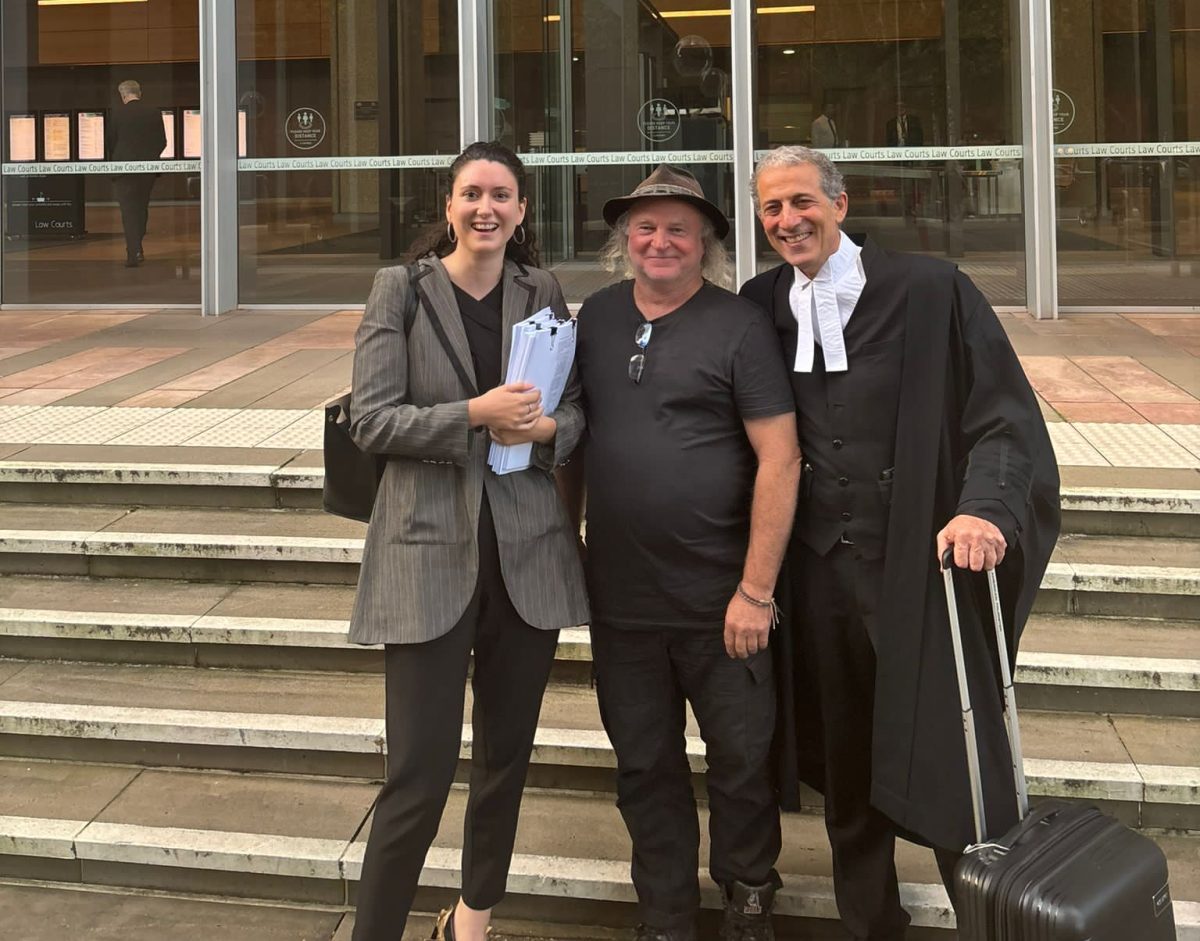
South East Forest Rescue’s Scott Daines (centre) with his organisation’s legal team, Natalija Nikolic and Jonathan Korman. Photo: Supplied.
SEFR spokesperson Scott Daines said the courtroom win was important to his organisation, but it was even more important to the endangered species in the forests.
“This victory is important because now in things like this, we can enforce the rules ourselves, rather than leave it to the EPA,” he said.
Greens MP Sue Higginson claimed the “anti-democratic” limitations to standing introduced by a former government were designed to prevent the community from accessing the courts to enforce and uphold environmental protection laws against Forestry Corporation.
“For decades now, local communities and conservationists have had to rely on the Environment Protection Authority (EPA) as the only law enforcer of the Forestry Corporation,” she said.
“The EPA is not quick to respond and more often than not has been reluctant to prosecute.
“If the government and its agencies are unwilling to pursue the people and corporations that break environmental protection law, then the community must be allowed to fill that gap and take the action that is necessary.”

Greens MP Sue Higginson has welcomed the NSW Court of Appeal’s decision. Photo: Supplied.
Ms Higginson said the Court of Appeal’s decision meant SEFR would go back to court with all of its evidence.
“The NSW Government needs to now do away with the ridiculous and prohibitive sections of the law that seek to stop the community from upholding our environmental laws in the courts,” she said.
A Forestry Corporation spokesperson said the corporation was reviewing the judgment and considering the next steps.
“Native forestry in NSW is the subject of strict environmental conditions and the EPA has augmented protections for SGGs in the changes to the rule set in February this year,” the spokesperson said.
“Forestry Corporation always seeks to adhere to the rule set, and is regularly audited by the EPA as the regulator and independent external auditors as part of certification to internally recognised forest management standards.”
SEFR has claimed Forestry has not performed adequate surveys for den trees, and that the necessary exclusion zones around such trees have not been implemented.
Forestry has to search for den trees and protect them with a 50-metre exclusion zone where logging is banned. These trees must be identified by witnessing a glider entering or leaving a hollow.
Earlier this month, SEFR was one of the groups that alleged the corporation had breached a rule designed to protect endangered greater gliders 188 times in state forests.







